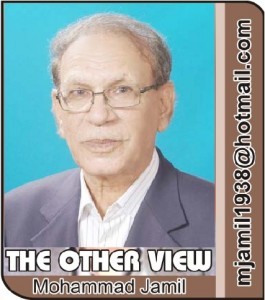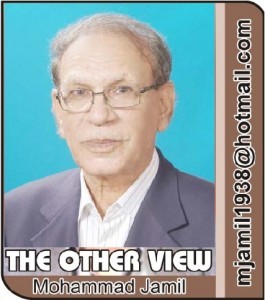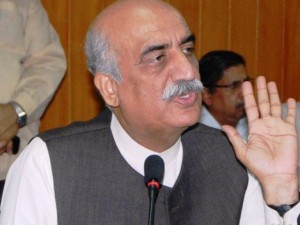Mohammad Jamil
A day after the terror attack in Uri that killed 18 soldiers, Indian government decided to diplomatically isolate Pakistan at ever international forum or group, ANI had reported. This was the decision taken after a high level meeting led by Prime Minister Narendra Modi, stating if required, India will also be ready to present all actionable evidence of Pakistan’s involvement in the attack, to any international body. If India has already evidence of Pakistan’s hand in the Uri attack, why the prime minister of India is asking the agencies to collect evidence about Pakistan’s involvement? It is worth mentioning that India has already retracted earlier statement that weapons used in Uri attack had Pakistani marks, because the weapons had no marks.
The same day, Union home minister Rajnath Singh had also called a high-level meeting with National Security Advisor Ajit Doval. The top officials from the ministries of Home and Defence, the Army, the paramilitary forces and the chiefs of intelligence agencies briefed Singh on the latest in the Kashmir Valley as well as along the Line of Control, official sources told Press Trust of India. It is true that India has a plan to spend $100 billion on nuclear reactors, fighter planes and other military equipment; and most developed nations wish to benefit from India’s shopping spree. This is the reason that they turn a blind eye to India’s human rights violations and atrocities on the people of Jammu and Kashmir.
Anyhow, India has failed to isolate Pakistan, as the latter appears to have other options. Pakistan has come closer to Russia in addition to having strong strategic ties with China. About 200 troops from Russia and Pakistan will take part in the two-week long military drills called as ‘Friendship 2016′, Pak army said. A Russian ground forces contingent on Friday arrived in Pakistan to participate in the first-ever joint military exercises starting from Saturday, reflecting growing military ties between the two former Cold War rivals. Indeed, India has its loyalists in Afghan government and National Directorate of Security since long. However, Iran would not like to be a part of any plan to contain China, as Iran has more interest in China rather than India or the US.
Pakistan decided to broaden its foreign policy options after its relations with the US deteriorated following secret CIA raid in Abbottabad that killed al-Qaeda chief Osama bin Laden in May 2011. Its relations with the US had further soured when US lawmakers blocked funds for the sale of eight Lockheed Martin Corporation’s F-16 fighter jets to Pakistan. Since then Pakistan was on the lookout for alternative sources to purchase the aircraft including from Jordan. Over the last 15 months, the chiefs of Pakistan’s Army, Navy and Air Force travelled to Russia. The flurry of high- level exchanges between the two nations resulted in the signing of a deal for the sale of four MI-35 attack helicopters to Islamabad; the formal agreement, which was signed in Moscow in August 2015.
Iranian President Hassan Rouhani in a meeting with Prime Minister Nawaz Sharif on the sidelines of the UNGA on Wednesday expressed a desire to be part of the China-Pakistan Economic Corridor (CPEC) as both leaders expressed satisfaction over the positive trajectory in Pak-Iran bilateral ties. Rouhani lauded the PM Nawaz’s vision which he said translated the CPEC into reality. Connectivity projects were recognised by both countries’ leaders as vital to the progress of the region. Rouhani said Iran considers Pakistan’s economic development as its own development. The Iranian president said there is a need for defence cooperation between the two countries, as they have a history of cooperation in this regard. Pakistan’s security is the security of Iran, he said.





